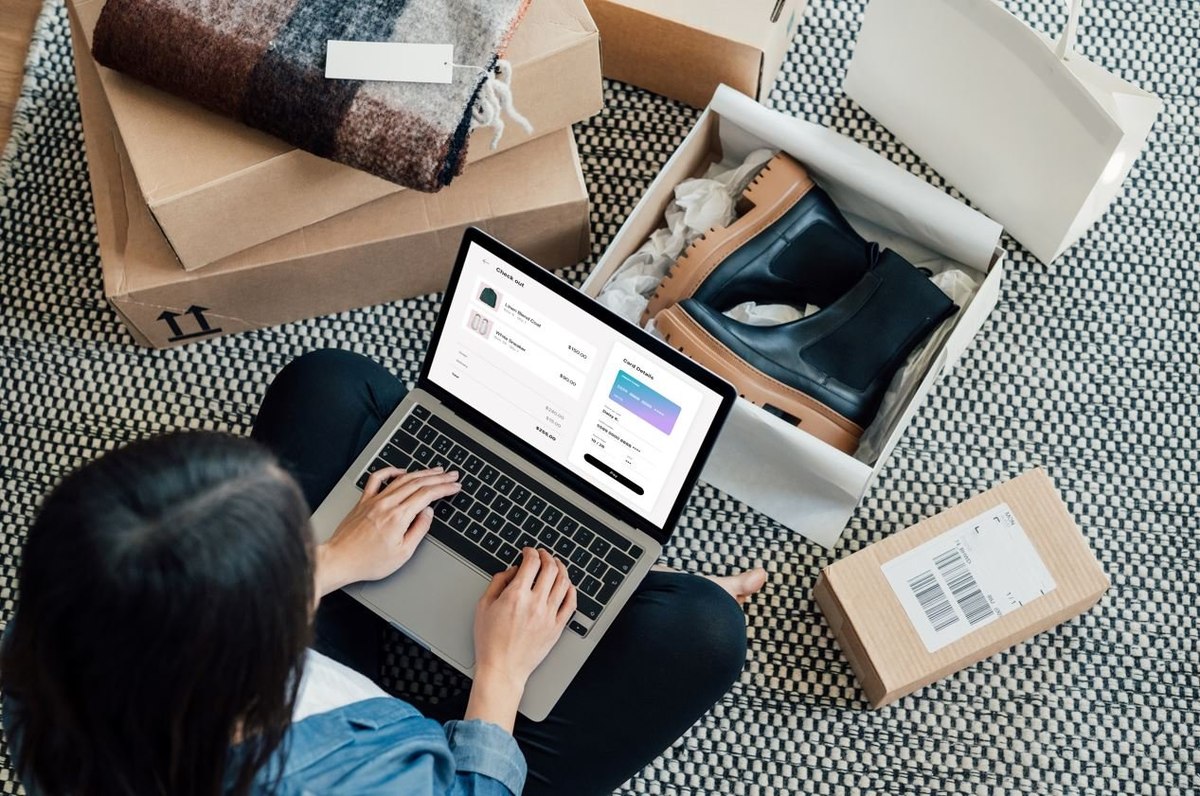How much do people value goods they do not have to pay for? Should this be taken into account in economic statistics?
As part of research conducted with the YouGov-Cambridge Centre, Diane Coyle and David Nguyen conducted a series of representative surveys of the UK population to assess the welfare value of online and offline goods with a zero price. Through pilot studies and two surveys conducted before and during the Covid19 lockdown, they ascertained consumers’ willingness to accept the loss of a range of ‘free’ online and offline goods, as well as some substitutes with a positive market price.
As the authors write…
“Although there have always been public goods for which people do not pay directly, these questions have come to the fore now that ‘free’ digital goods are such an extensive part of daily life. Researchers have been exploring their value to consumers in the US, and often with a focus on Facebook and social media. In our new ESCoE Discussion Paper we considered for the UK a wide range of goods using an approach based on a survey to people covering their valuations for both digital and non-digital (like public parks) products and also some paid-for substitutes (such as newspapers and online news). What is more, the natural experiment of the first 2020 lockdown in between survey waves allowed us to look at how people’s valuations changed.”
See full publication of the research here.
Image: Getty








